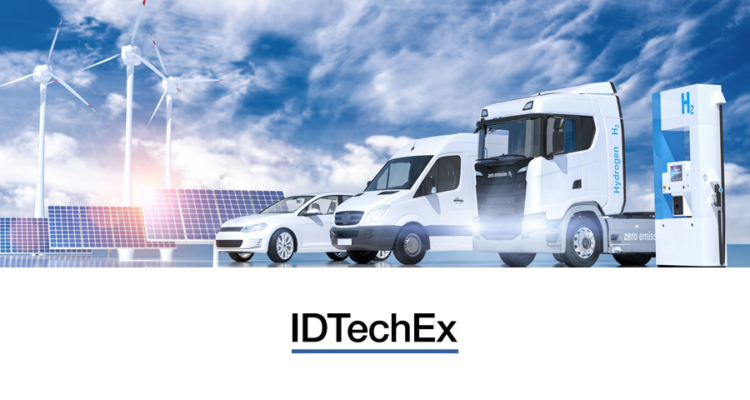Battery-electric powertrains are unquestionably leading the race to decarbonize on-road vehicles. However, because fuel cell systems have a higher energy density than today’s Li-ion battery systems, they can provide a greater range for the same system weight. Greater range, combined with significantly faster refuelling times than battery charging, has led many to believe that fuel cell vehicles are the zero-emission solution for long-distance applications, particularly long-haul trucks. The IDTechEx report ‘Fuel Cell Electric Vehicles 2022-2042’ examines the current state of fuel cell vehicle development for passenger cars, light commercial vehicles, trucks, and city buses, as well as the technology’s potential in these on-road markets. Several fuel cell truck models are being tested in the market, with Hyundai, Toyota, Nikola, Hyzon, and Daimler all planning to deploy the technology in the not-too-distant future. Toyota and Hyundai remain the only manufacturers offering series production FCEVs in the passenger car market, with their Mirai and Nexo models, respectively. There is a lot of work being done to improve the design of fuel cell systems for automotive applications, but the greatest challenge for future sales growth may not be the technical feasibility of designing fuel cell electric vehicles, but rather the availability of hydrogen fuel and refuelling infrastructure. Fuel cell vehicle deployment has been hampered for at least a decade due to a lack of hydrogen refuelling infrastructure. Several regions, including Japan, Korea, Germany, California, and China, are supporting initiatives to build hydrogen refuelling station infrastructure, which could result in this shift.
Source: Prnewswire






No Comments